"Can the shoulders of top athletes really bear the heavy pressure?" When Fan Zhendong, Ma Long, and Chen Meng, the top-level players in Chinese table tennis, announced their withdrawal from the world rankings, many fans were shocked and confused. Especially after Zhang Jike's sharp comments "blind self-confidence" in the live broadcast room added fuel to the fire, the whole incident quickly topped the hot search list. Behind the bright champion identity, there are actually unknown difficulties: Do athletes withdraw from the game for personal development needs or for other reasons? The storm surrounding "leaving" once again ignited the controversy about competitive sports.
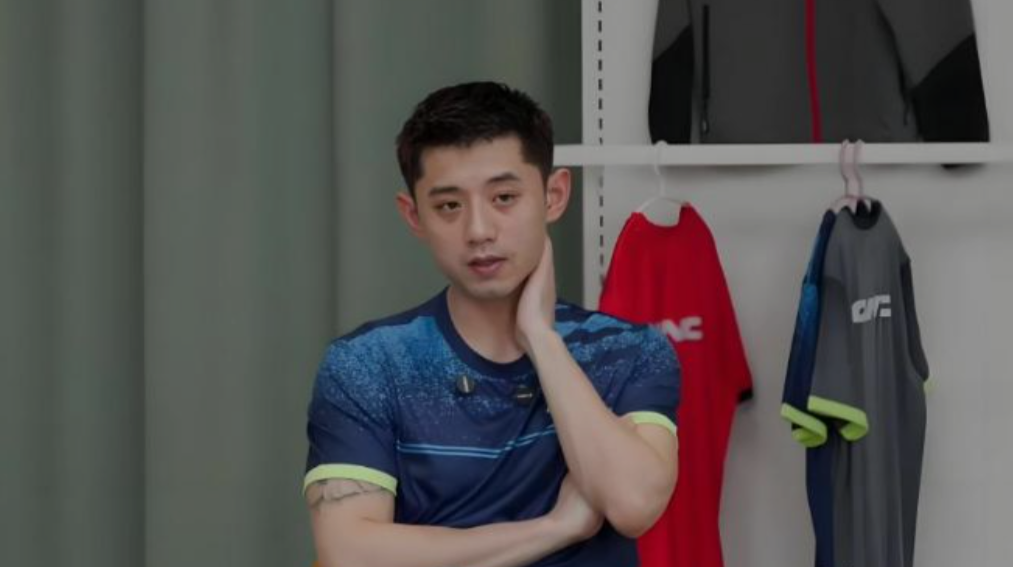
Fan Zhendong, known as the "next leader" of the Chinese table tennis team, has been highly anticipated since the beginning of his career. As many fans say, he carries a charm of steady progress. At the Tokyo Olympics, he engaged in an epic battle with Ma Long, although he eventually finished as the runner-up, his aggressive playing style and modernized style still won applause from the global table tennis community. However, the decision to withdraw from the world rankings may have revealed another layer of reality: Will the intertwined pressure and expectations at the peak make him feel breathless? A choice to "disappear" may be to find a new direction.

Looking at Ma Long, he is the true "spiritual pillar" of Chinese table tennis. From the World Table Tennis Championships, the Olympics to the World Cup, this "Grand Slam winner" has won trophies one by one with his exquisite skills and strong mental quality. But do you know? Ma Long always seems to win easily, but behind it is the professional concept of "full commitment". He once mentioned in an interview that he always puts health first, "scientifically manage himself and maintain the longest career life," which may be the most real footnote to explain his decision to withdraw this time. After all, even iron machines need rest at times.
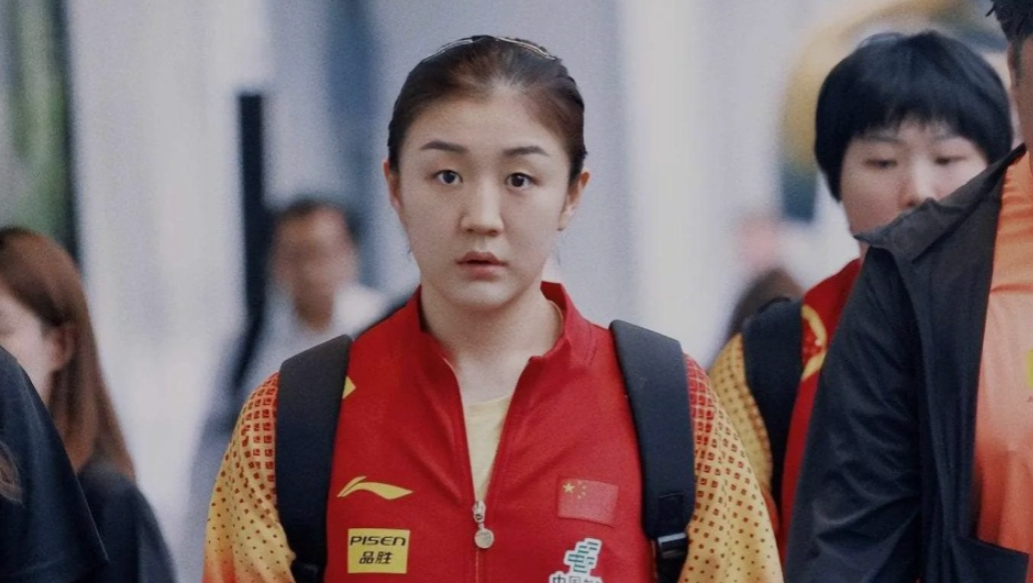
In fact, not only in China, similar situations have occurred in the history of global table tennis. For example, Japanese table tennis star Mizutani Jun chose to withdraw from the competition due to physical load and the double attack of new generation players grabbing power. You should know that competitive sports are far more than just surface wins and losses. Professional athletes are like tightrope walkers, a little carelessness may lead to disaster.
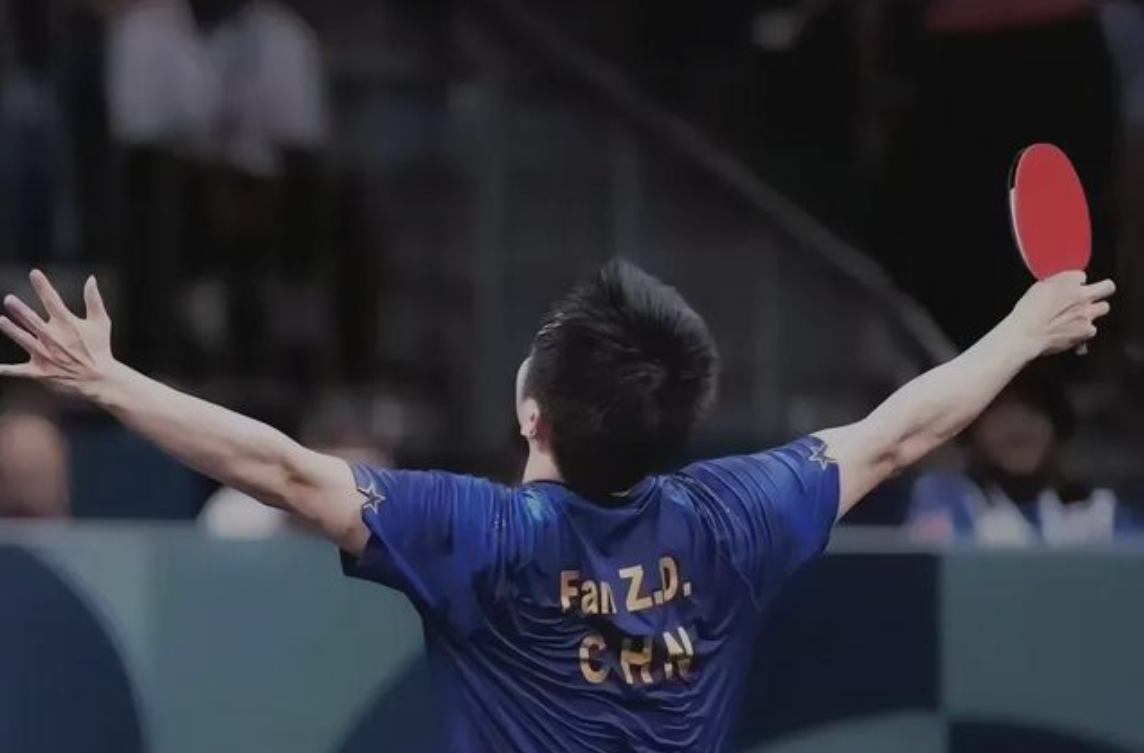
You may still remember Zhang Jike, the Grand Slam winner, the star of the table tennis world, and the "Tibetan Mastiff" that makes countless young people boil with excitement. He completed the championship leap of the three major top events of the Olympics, World Cup, and World Table Tennis Championships in just 445 days, a speed that no one has broken until now. But as life gradually shifted towards the entertainment industry after retirement, he seemed more and more like an "outsider." However, this time, he was pushed back into the spotlight because of a comment "blind self-confidence" during a live broadcast.
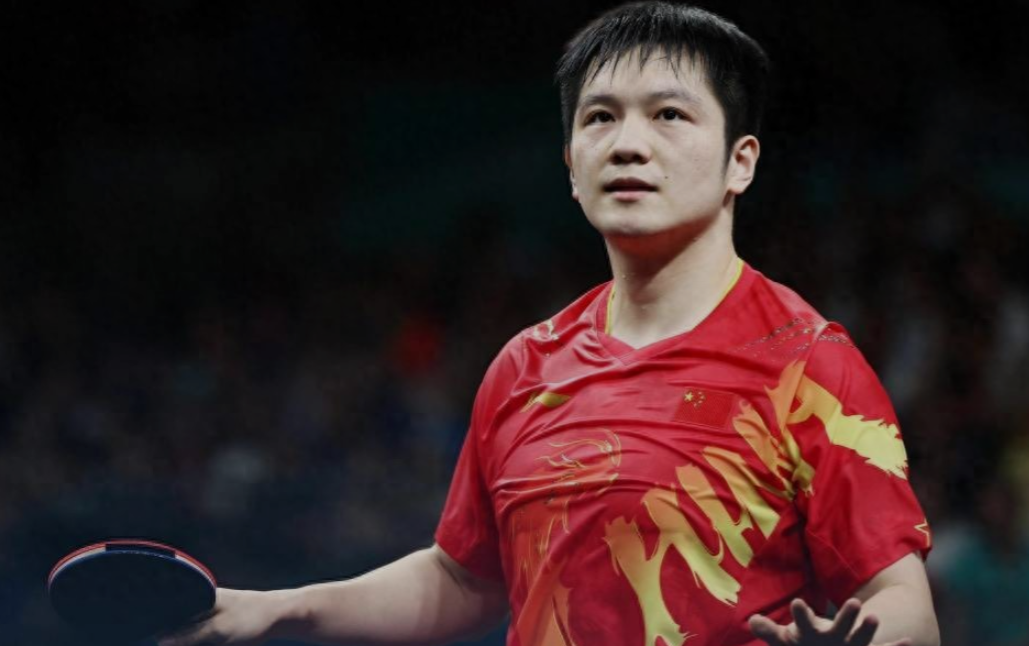
Although he did not name anyone, many people associated this sentence with the three players who withdrew from the rankings. Some think it is criticizing them for "giving up challenges," while others believe it is Zhang Jike using his experience to remind the younger generation: never lose yourself at any time. However, let's think more diversely. The road of competitive sports is not just a straight line where you try your best to win, sometimes looking back and starting over is a kind of wisdom. Zhang Jike's sharp words may sound harsh, but what is key is for those who hear it to draw benefits from it.
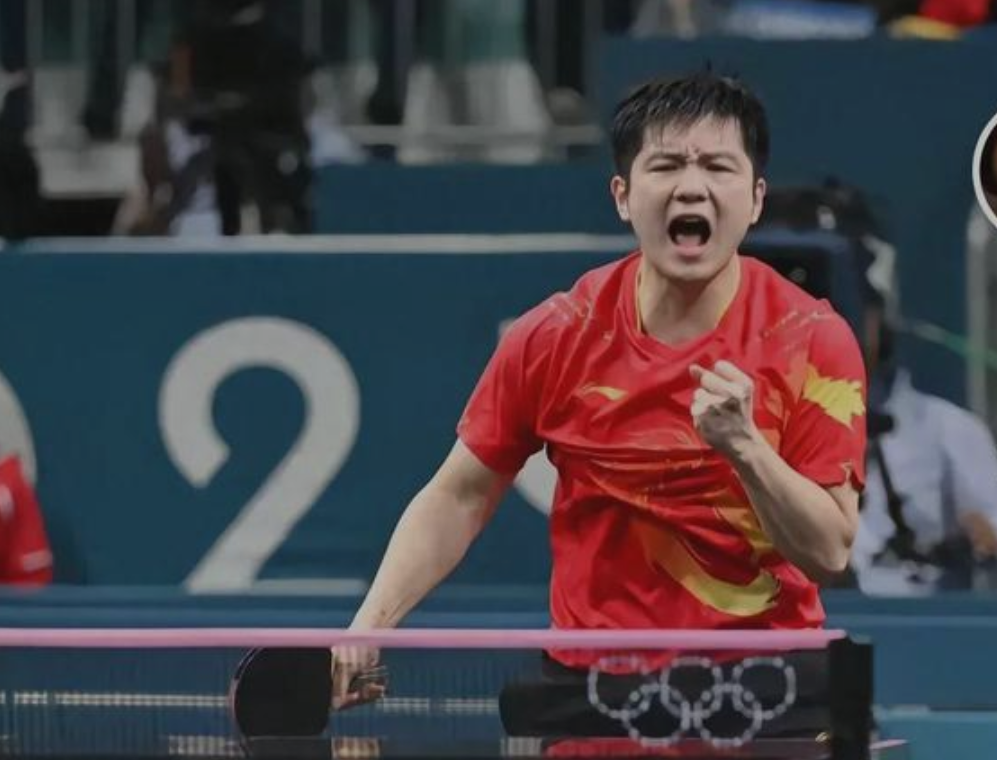
At this point, we must mention another important figure in this incident: Liu Guoliang, chairman of the Chinese Table Tennis Association. As an existence that "cannot be bypassed when it comes to table tennis," he has become synonymous with Chinese table tennis, from being an athlete to a coach, and then a manager. After the incident, he immediately expressed his support for the players to protect their personal rights and promised to provide comprehensive assistance for their return to the international arena. Such a response is both gentle and profound in meaning.
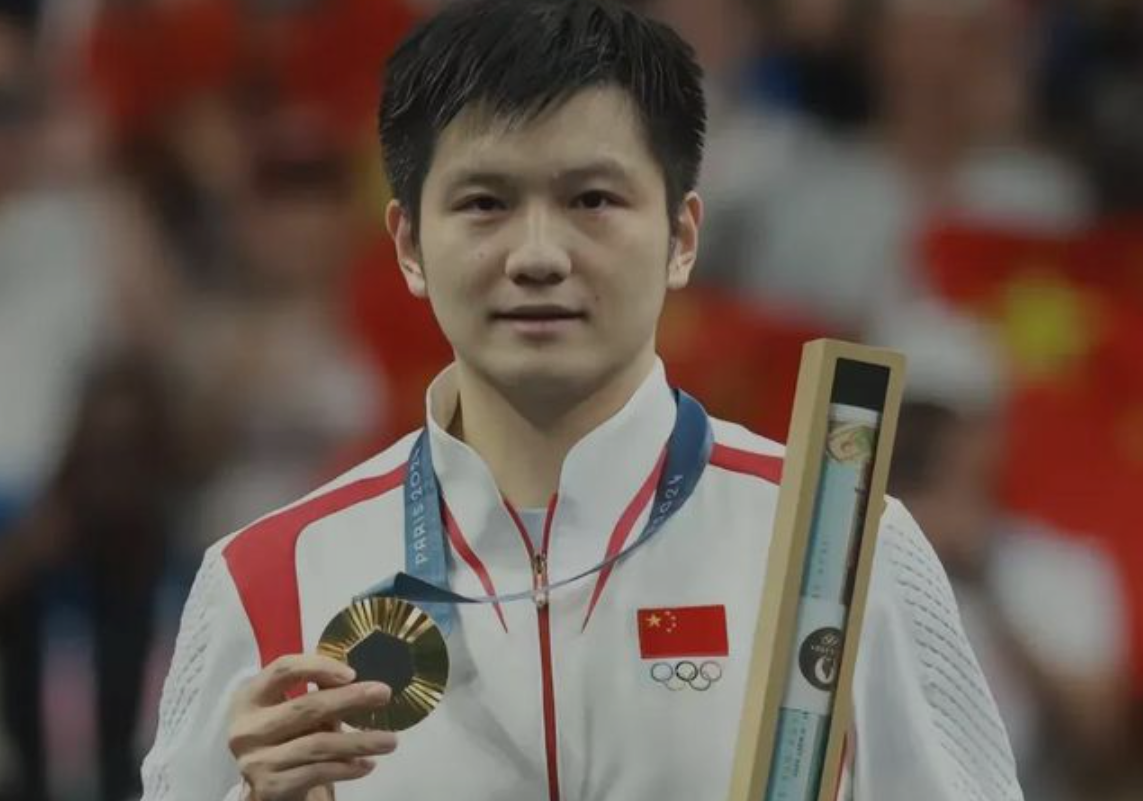
Is there also greater pressure behind this? The answer may lie in the WTT (World Table Tennis Professional League) led competition system reform. In recent years, the rules of the world table tennis competition have become more inclined towards commercialization, and athletes need to participate in more and more competitions to ensure their rankings, which directly increases the physical burden on the players. Stars from South Korea and Germany have also expressed dissatisfaction with the WTT schedule, believing that the high frequency is squeezing the careers of athletes. This time, Chinese players choosing to withdraw from the rankings may also be a silent protest against the "high-pressure" rules.
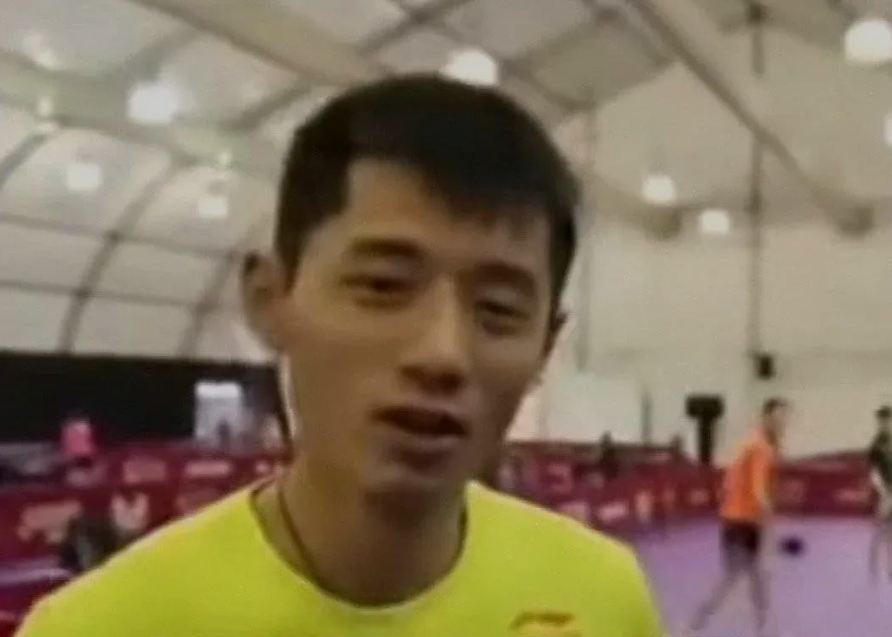
In fact, this storm has caused us all to think: What is the success of professional athletes? Is it still worth it to sweat profusely and win countless championships, but lose health and freedom? Or is it considered a new beginning to choose to take a break from the court at the peak period, slow down, and build up strength for the future?
Studies have pointed out that the problem of athletes' mental health is increasingly prominent worldwide. Compared with ordinary people, they face even more complex psychological problems. The huge external pressure, daily high-intensity training, and sometimes dealing with public criticism are no longer just single issues related to "career success." Behind this, we need to better protect their professional lifelines from a systemic level.
The truth is actually very simple. Life is not a 100-meter dash, but a marathon. Sometimes when they slow down, they also need to find directions for their own path.
Zhang Jike's straightforwardness, Liu Guoliang's support, and the choices of Fan Zhendong, Ma Long, and Chen Meng seem to be a collection of personal choices on the surface, but they actually outline the game in the rapid development of the table tennis world. From the court to beyond the court, they are all searching for their own answers. Athletes, no matter how strong, are not supermen; sometimes taking a step back may be to move forward two steps better.